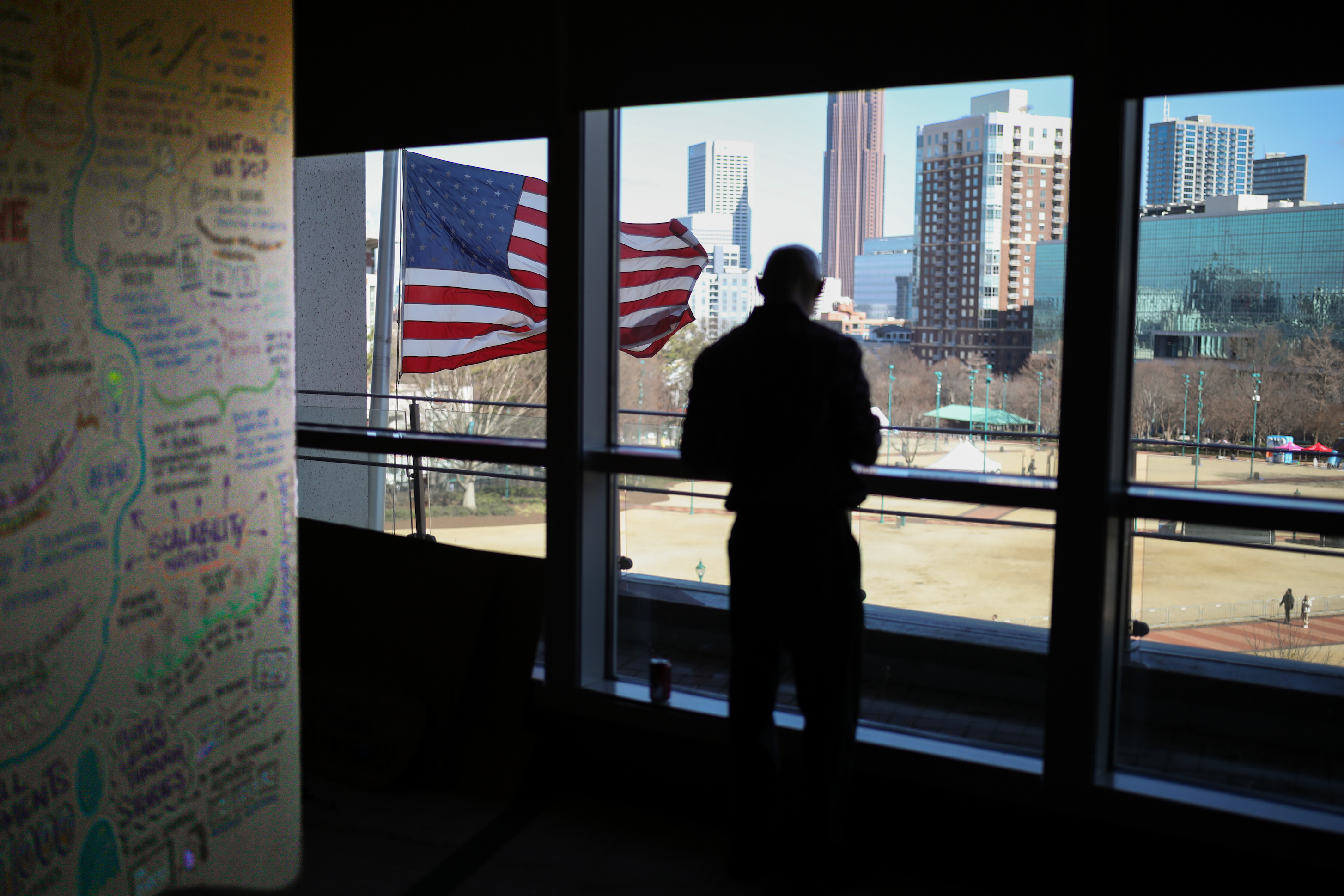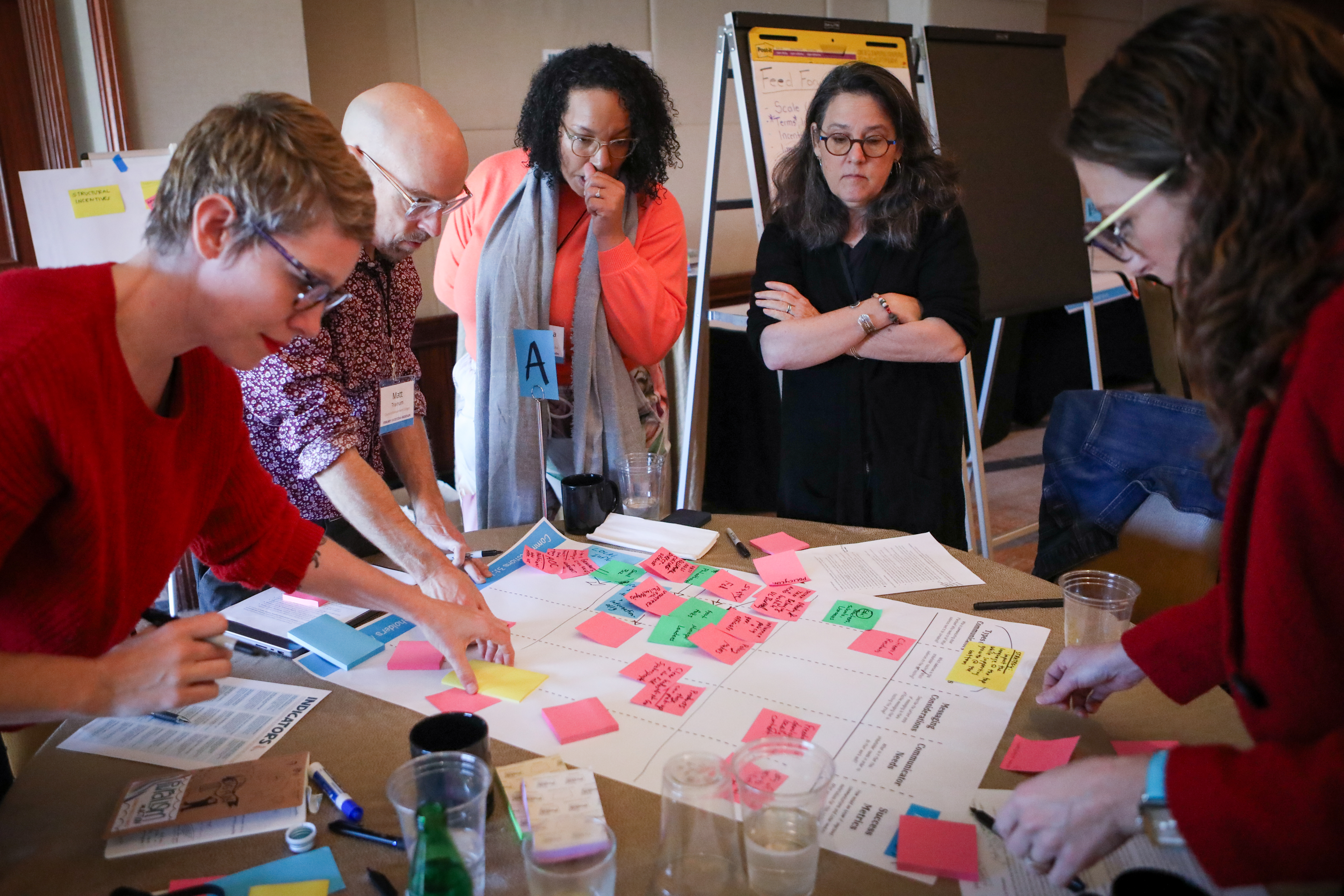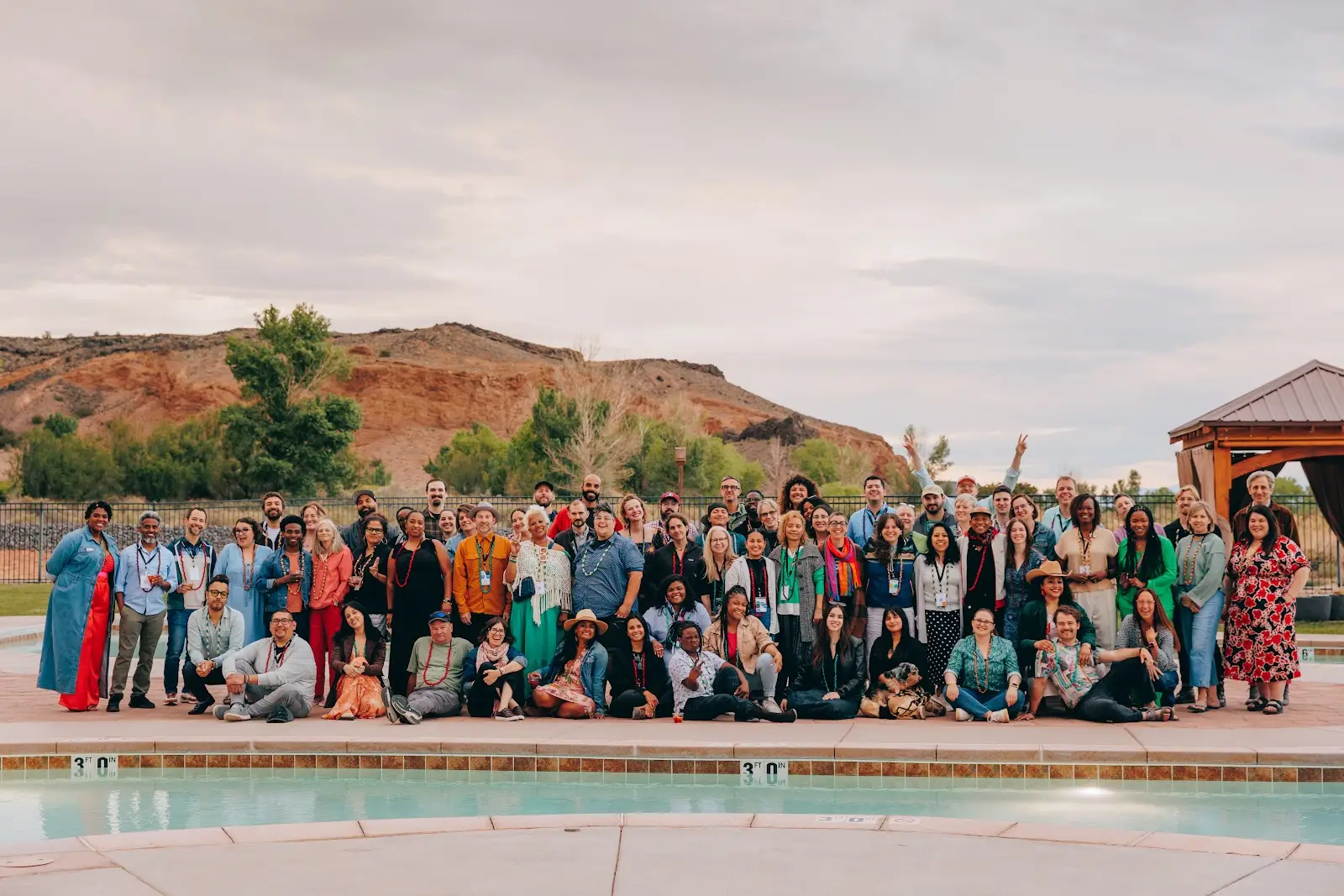Putting Pluralism into Practice through Everyday Democracy
March 24, 2025

This is part of a series of posts that looks at knowledge assets from New Pluralists' first four years.
In broader cultural debates over social alienation and dysfunction, the power of informal, community-level democratic cooperation is too often overlooked, but it offers a valuable model for healing divisions and creating belonging in American life. Everyday democracy can be small, quiet, and sometimes unremarkable—but it’s essential to addressing real challenges facing our communities.
That’s the argument in “Searching for a New Paradigm: Collective Settings,” a 2023 report from More in Common and the SNF Agora Institute, produced with support from New Pluralists.
The report highlights what the authors call “everyday democracy” as an antidote to polarization. Everyday democracy happens whenever people come together across their different values and roles in society to solve public problems. By investing in small-scale democratic engagement and the “collective settings” where such engagement occurs, we can strengthen our social foundations.
To support everyday democracy, in other words, is to put pluralism into practice.
We’ve seen this insight play out in many of our partners’ initiatives. For instance, many Healing Starts Here leaders are bringing together local communities, in their full diversity, to make something together: a piece of art, a change, a campaign. They’re not gathering for the sake of establishing dialogue or mutual understanding; these groups set out to address an issue that matters to their whole community, with the shared understanding that they need each other to fully address the issue. As a result, a lot of the groups in this space are creating truly diverse coalitions — across lines of race, class, political ideology, geography, and more — and finding ways to negotiate shared priorities, work through their inevitable conflicts, and collaborate to improve their communities.
One example is the Southern Arts and Culture Coalition, a network of cultural and grassroots organizations that are linking people together through creative traditions, story-sharing, and collective action to take care of their communities. Another is SOCM, a democratically controlled, member-based organization in the coal fields of East Tennessee that’s galvanizing a diverse base of people who are willing to work together toward local solutions. All the while, La Maraña is using participatory design to support Puerto Rican communities in the co-design and construction of the physical spaces they need to make a living and thrive.
There are many more examples of everyday democracy among some of the grants we’ve supported. All of these, however, reflect the design principles outlined by the authors of the “Searching for a New Paradigm” report:
Shared governance and accountability
Public relationships that embrace difference
A celebration of open-endedness and experimentation
“What emerges from such settings might not be what anyone, much less an outside observer or funder, expects,” the authors write. “Yet it may be what is most needed at that particular time and place. Moreover, the byproducts — not the least of which is a pluralistic public culture — make the investment worthwhile.”
That view inspires so much of the work we do, from our grantmaking to our convenings to our work supporting and disseminating research. You can read the full report here.


